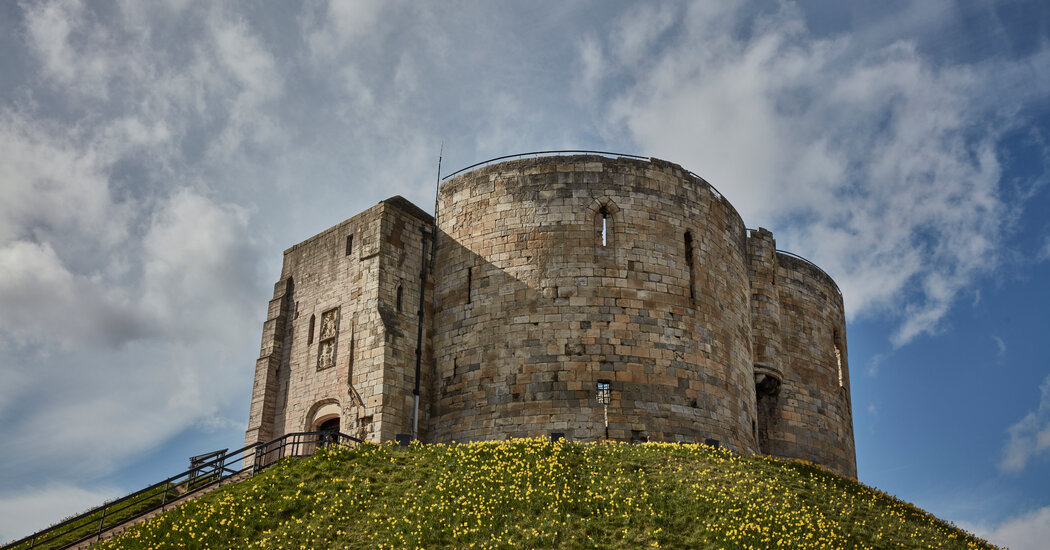The story of England’s medieval Jewish communities, she said, has “never been thought ‘important’ enough by mainstream academia, if you like, to be included as part of that narrative.” This galls her: “You cannot talk about the medieval English economy without talking about the Jewish community,” she said. “It’s ludicrous to have them excluded from this history.”
Jews most likely started visiting Britain in ancient times, but it wasn’t until William the Conqueror enticed some to come over from Normandy after his victory at Hastings in 1066 that Jewish communities took root on English soil. William needed capital to subdue the country and build its economy; Jews had it. To encourage them, William offered special protections. They would be the “king’s men,” answerable only to the sovereign. Harming them would be an offense against the crown. They could, if need be, take shelter in any royal castle, including the Tower of London.
Their first English century was fairly harmonious. “Initially, the relationship between the Jews and the Christians was pretty good,” John Rayne-Davis, a historian in Yorkshire, told me. “They used to drink in one another’s houses and fraternize and such.”
Medieval England’s Jews didn’t just work in finance. “Some would be selling wine, food, cheese,” Marcus Roberts, the director of J-Trails, an Anglo-Jewish heritage organization, explained. “There was one Jew who was a ladder maker. There was one Jew in Essex who had a very successful business selling firewood. But there were also Jewish men-at-arms.” Jewish scholarship flourished in medieval England, sometimes in cooperation with Christian theologians. Jews and Christians lived side by side. Some intermarried.
But as the decades passed, Jews’ special status and relative prosperity — and the fact that a lot of people owed them money — bred resentment. An increasingly antisemitic Vatican, and a concurrent rise in Christian religious fervor, only raised tensions. There were more pogroms. At the same time, successive monarchs rolled back Jews’ rights and protections and wrung ever more money out of them — not just through loans but also special taxes, extortion and appropriation — to fund their own lavish lifestyles and undertake pet projects, like waging wars and building castles, churches and other landmarks like Westminster Abbey.
Click Here to Read the Full Original Article at NYT > Travel…
